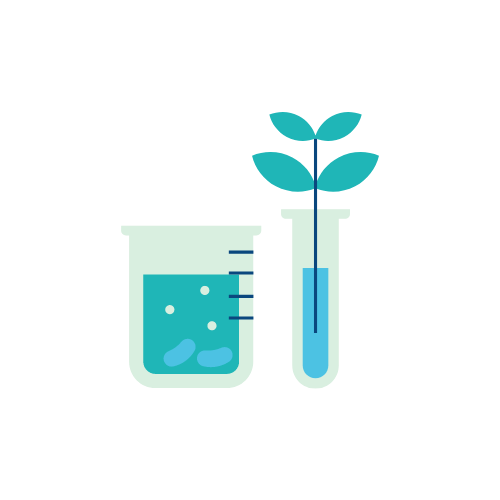Why must we invest in Biotechnology?
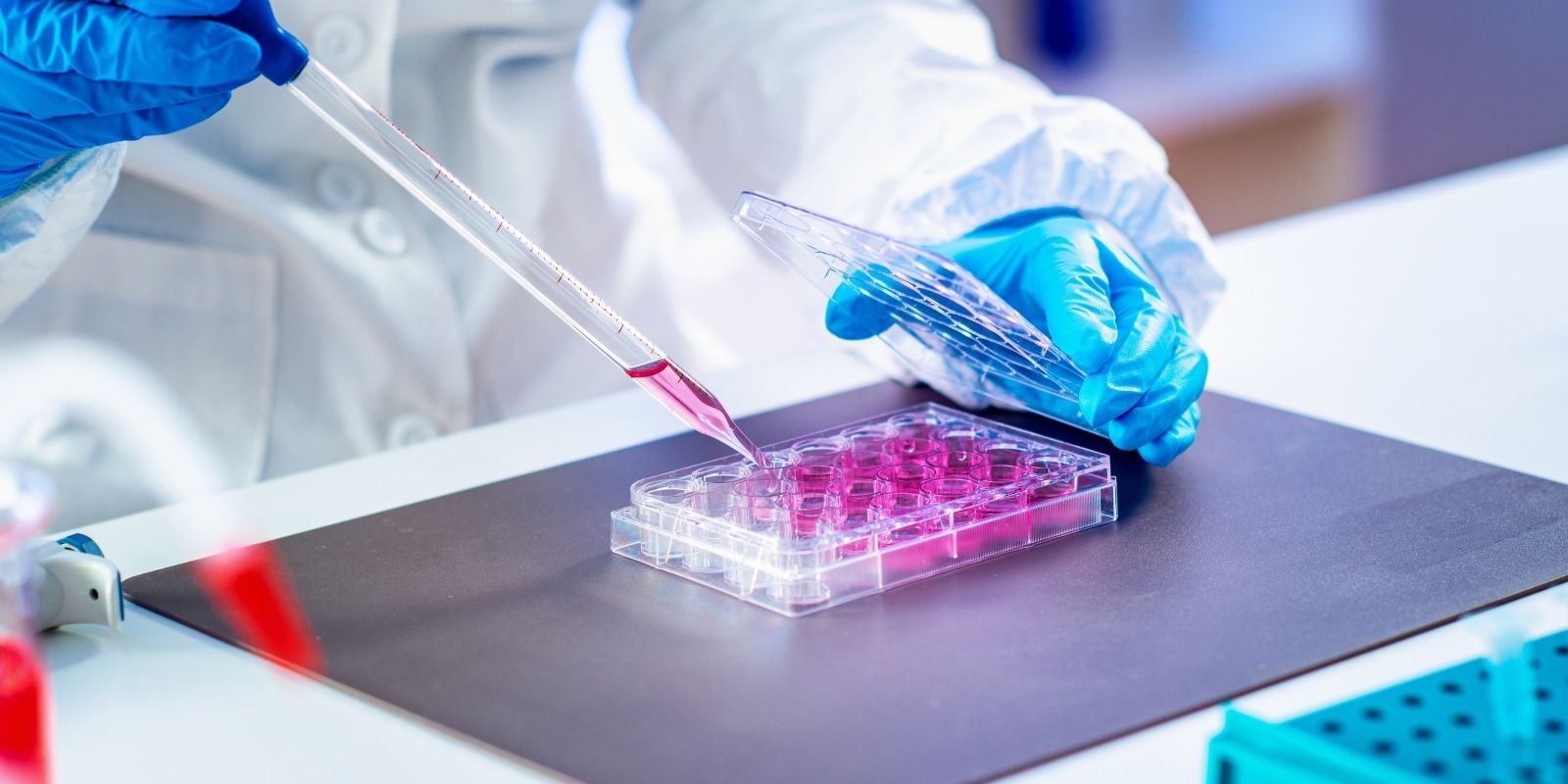
Is the concept of biotechnology something new? It is surprising to many how recent and diverse the trajectory of biotechnology has been for mankind that only a hundred years, since 1919, when the Hungarian agronomist Karl Ereky established a definition of biotechnology, seeing it as the use of raw materials to the maximum to satisfy the needs of society.
It is evident, then, that many investments are bound to be closely or consequently linked to biotechnology. Countries, regional communities, national companies, international and transnational organizations work voluntarily or causally united by the magnitude of applications that the concept of biotechnology has generated in various sectors related to development itself, without any discrimination whatsoever.
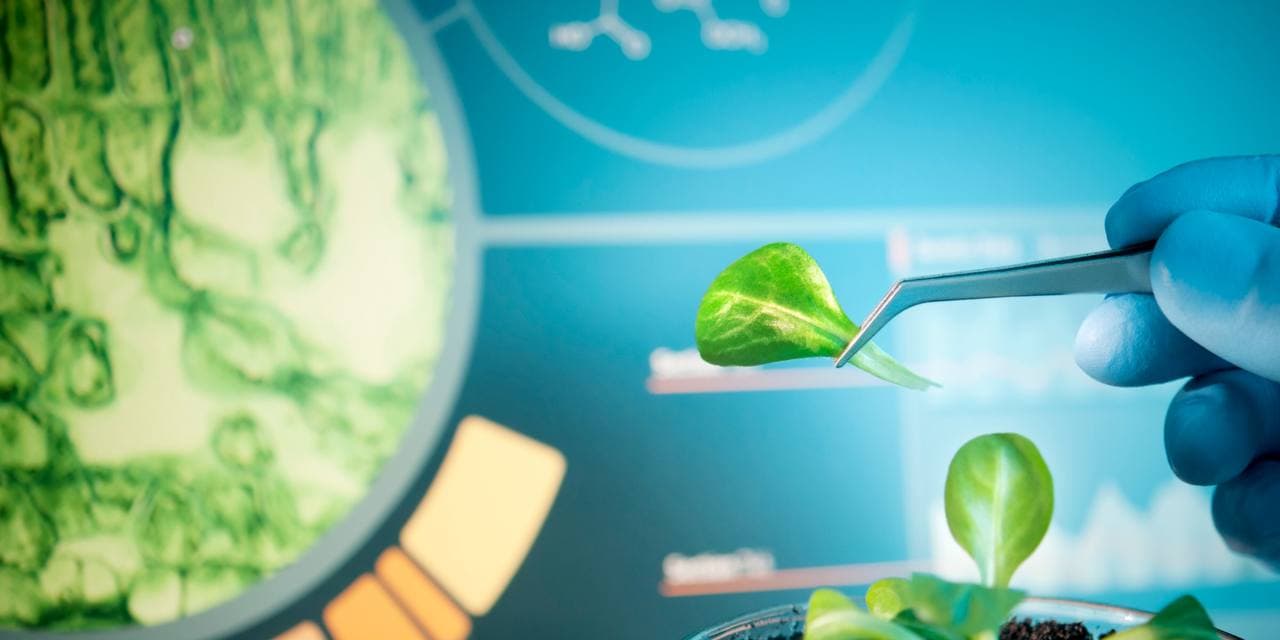
Biotechnology and Health: An Investment in the Future
Investing in biotechnology and health is an important decision, given that during the pandemic generated by COVID-19 these sectors have remained stable and have shown growth before, during and it is expected that after the times of coronavirus.
Morality and its discontent
Controversial concepts such as cloning, genetically modified foods, discussions in the genetic engineering sector have brought about the creation of vaccines for diseases such as Hepatitis B and more recently the same sector has presented vaccine options for viruses such as COVID-19, the health emergency and the pandemic that the same virus generated.
The question that arises now is: Are there advantages, benefits and disadvantages of investing in biotechnology? And if so, what are their effects on the financial and human aspects? Let us analyze these characteristics in detail.
Positive and outstanding aspects of biotechnology for investment and human development
- Diversity of sectors in which biotechnology is involved: the medical sector has worked hand in hand with genetic engineering on many occasions, producing solutions to ailments that 10 or 20 years ago had no treatment other than surgery; currently, research is being done on the benefits of organ printing using genetic material from the patient himself, in the hope of reducing the percentage of rejection and incompatibility. summarize paragraph
- Sectors, countries and international organizations – multilateral cooperation: Another international focus for biotechnology is the industrial branch working on the optimization of production processes; the manufacture of biofuels or less polluting alternatives, as well as other technologies aimed at environmental sustainability and conservation. summarize paragraph
- Development of production and consumption alternatives: biotechnology offers multiple approaches, many of them collective, aimed at reducing CO and CO2 emissions by various industries, reducing waste in all sectors of industrial production, as well as optimizing the use of water resources. Interesting concepts such as recombinant DNA stand out for their implementation in renewable or reusable resources.
Negative aspects to be considered
- Invasion and imbalances to ecosystems: Biotechnology promotes some genetic manipulation of food and crops that could unfortunately unbalance entire ecosystems, which presents unfavorable conditions and devastating consequences for the crops themselves.
- Ethical aspects involved in genetic manipulation: Issues such as cloning of organisms, manipulation of the human genetic map or assisted reproduction of livestock or humans are the subject of constant discussion and ethical, social and even legal controversy. Even the potential risk of creating new allergies or pathologies must be considered.
As of today the involvement of biotechnology is extensive, influencing sectors such as health, medicine, industrial production, agriculture, the IT sector and even cosmetic products, passing through the food sector and even telecommunications, research, production and development of more and better products and entire systems, generating results that benefit humanity itself, including the financial sector and its direct influence on development.
The combination of 3D printing, building materials developed with the help of organic and biological elements designed to generate the least possible environmental impact. The manufacture of biodegradable or repairable construction materials with little or no environmental impact; clothing and footwear designed to resist and last, made from synthetic materials with a reduced or non-existent ecological footprint; crops resistant to droughts and intense winters; reforestation or “bioreparation” and ecological projects aimed at the recovery of entire ecosystems. The diversity of biotechnology applications is an object of admiration.
Related news
-
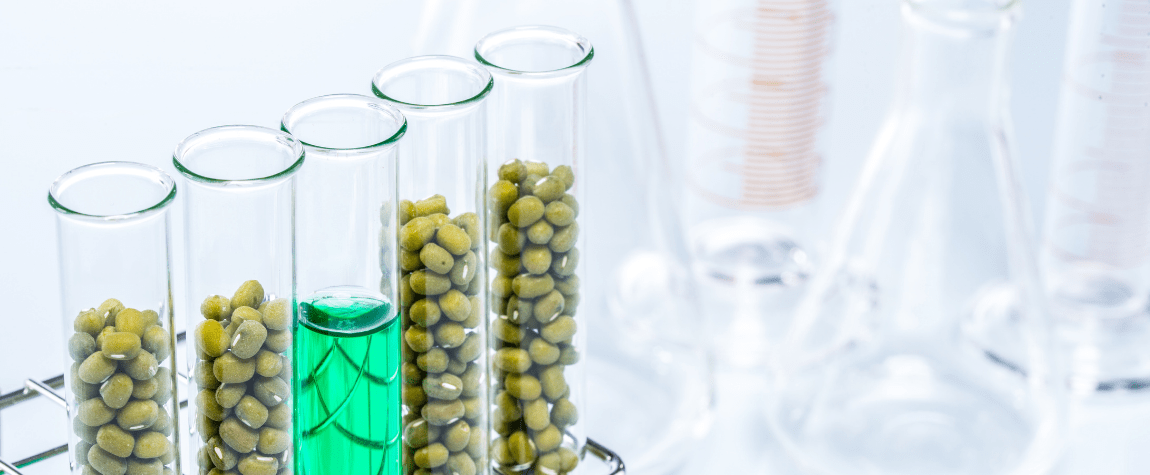
Gray biotechnology: a smart investment in our environment
Learn what it is and how to invest in gray biotechnology, an innovative and lucrative way to conserve the environment.
-
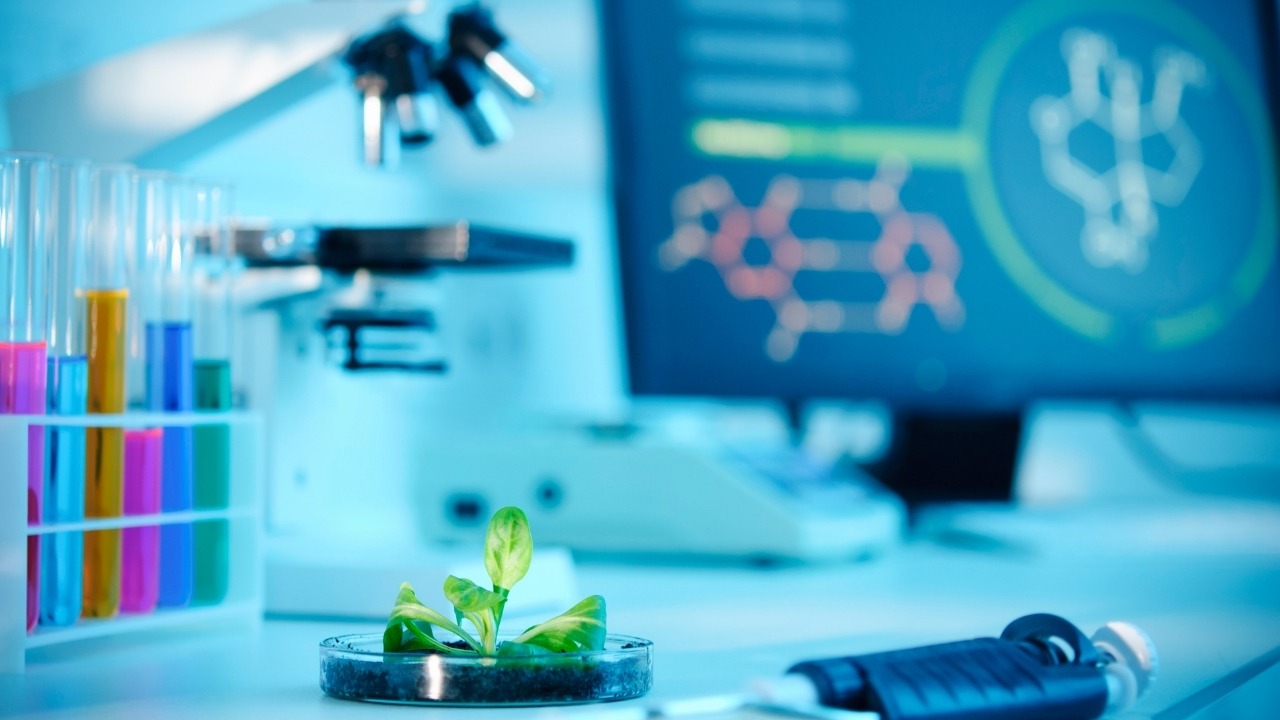
Main applications of biotechnology
Biotechnology ranges from traditional techniques to the most advanced technology and seeks the development of diverse products for the benefit of mankind. This science is immersed in various industries such as medicine, agriculture and the energy sector.
















